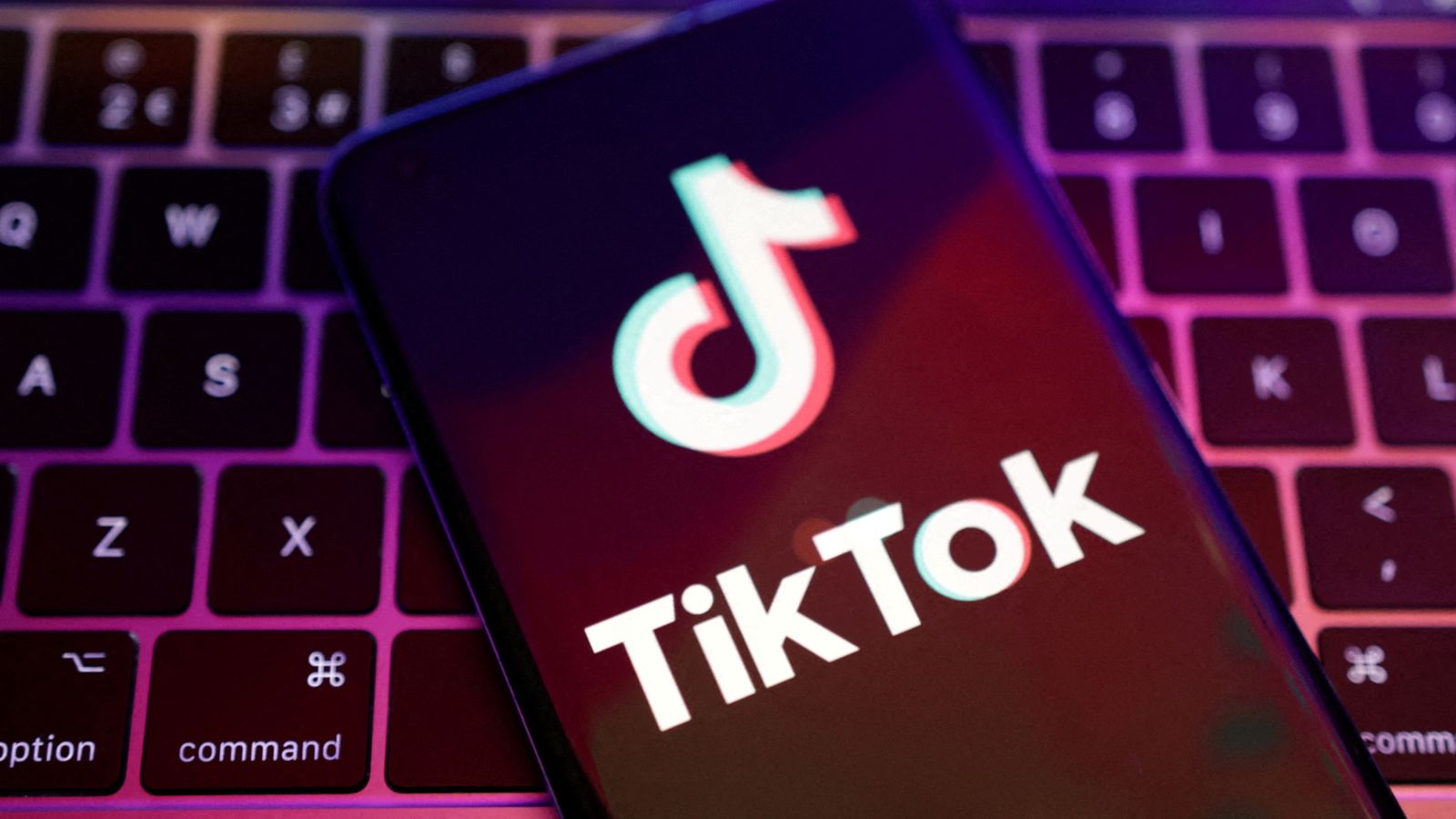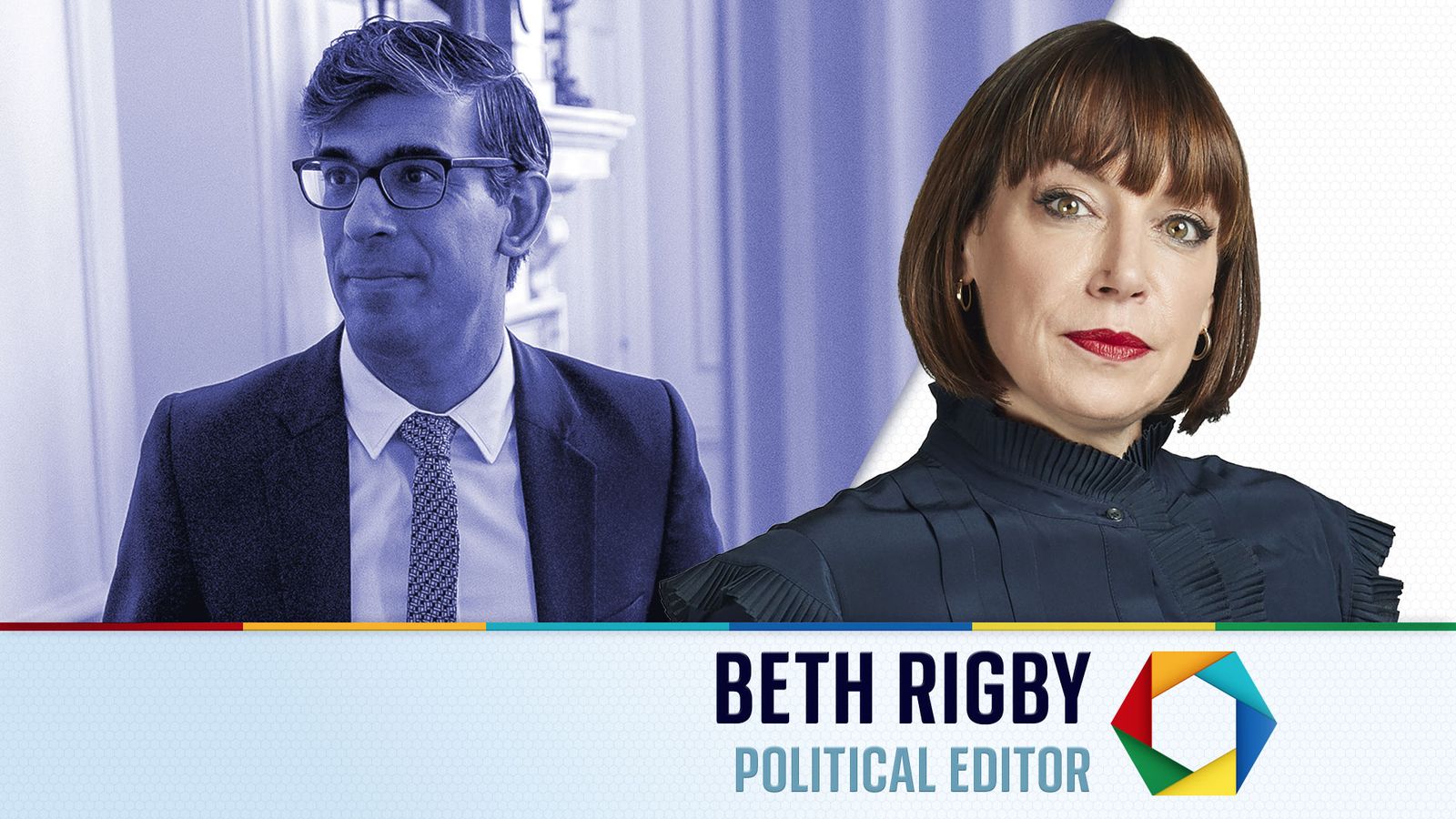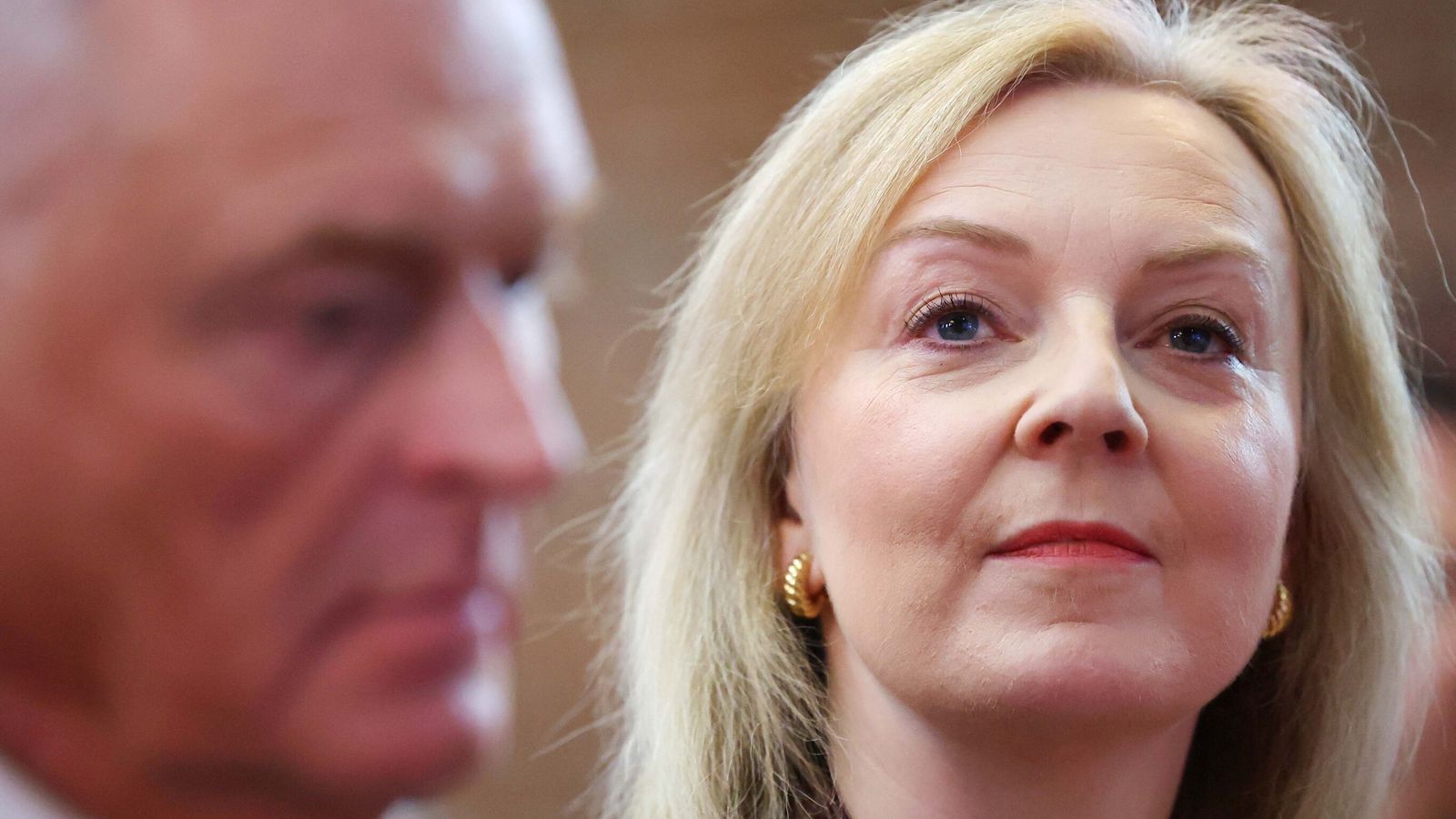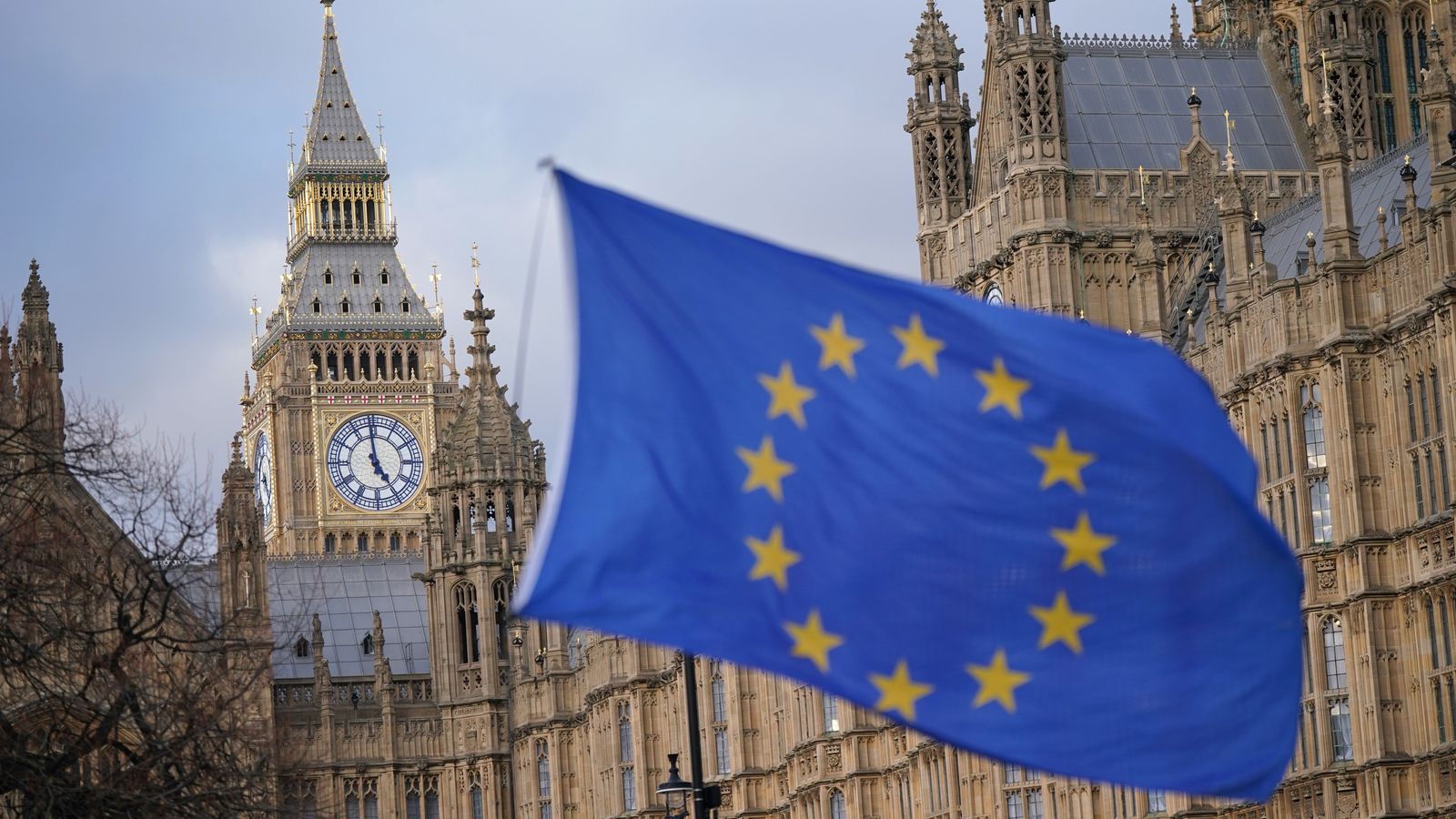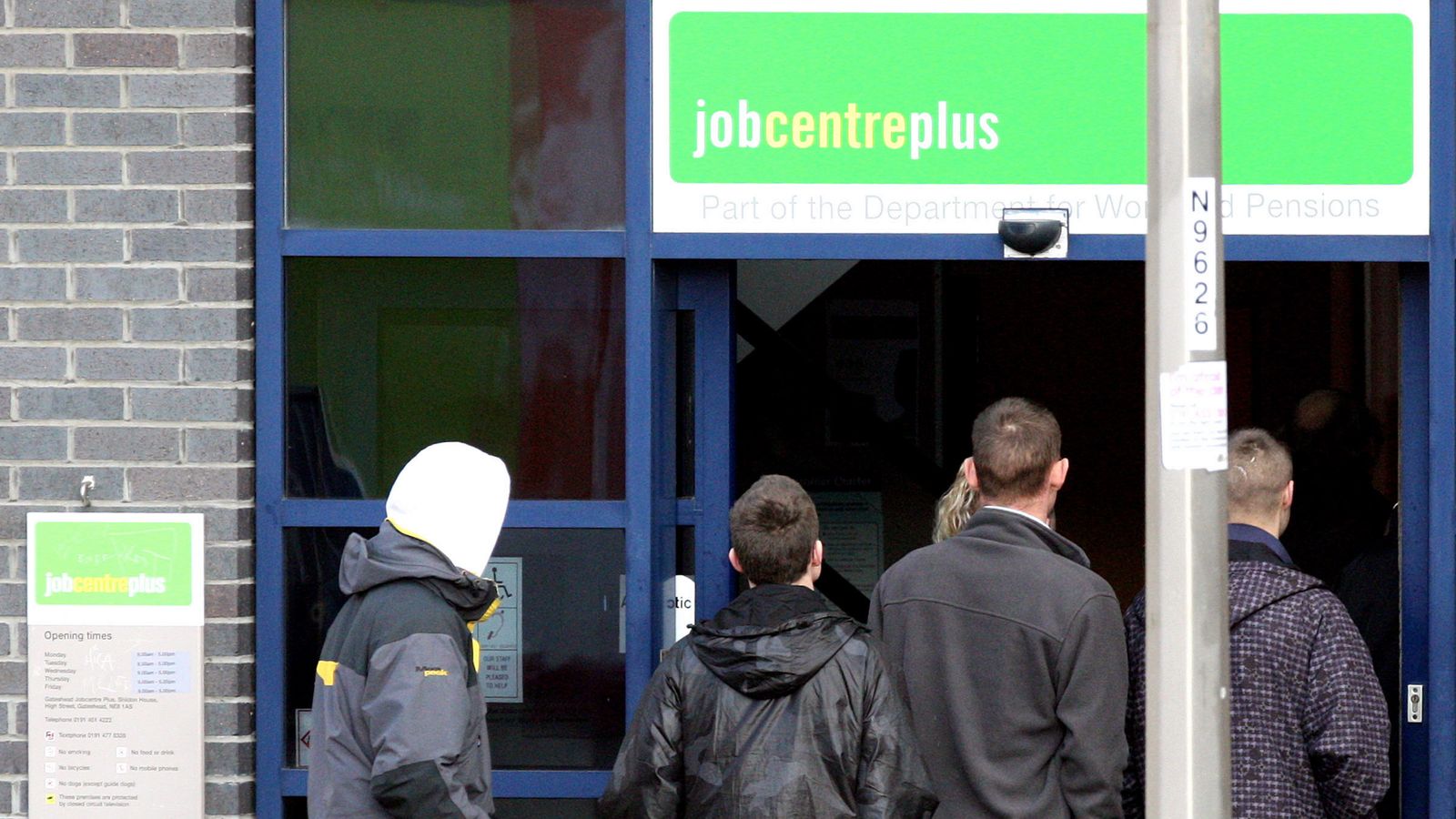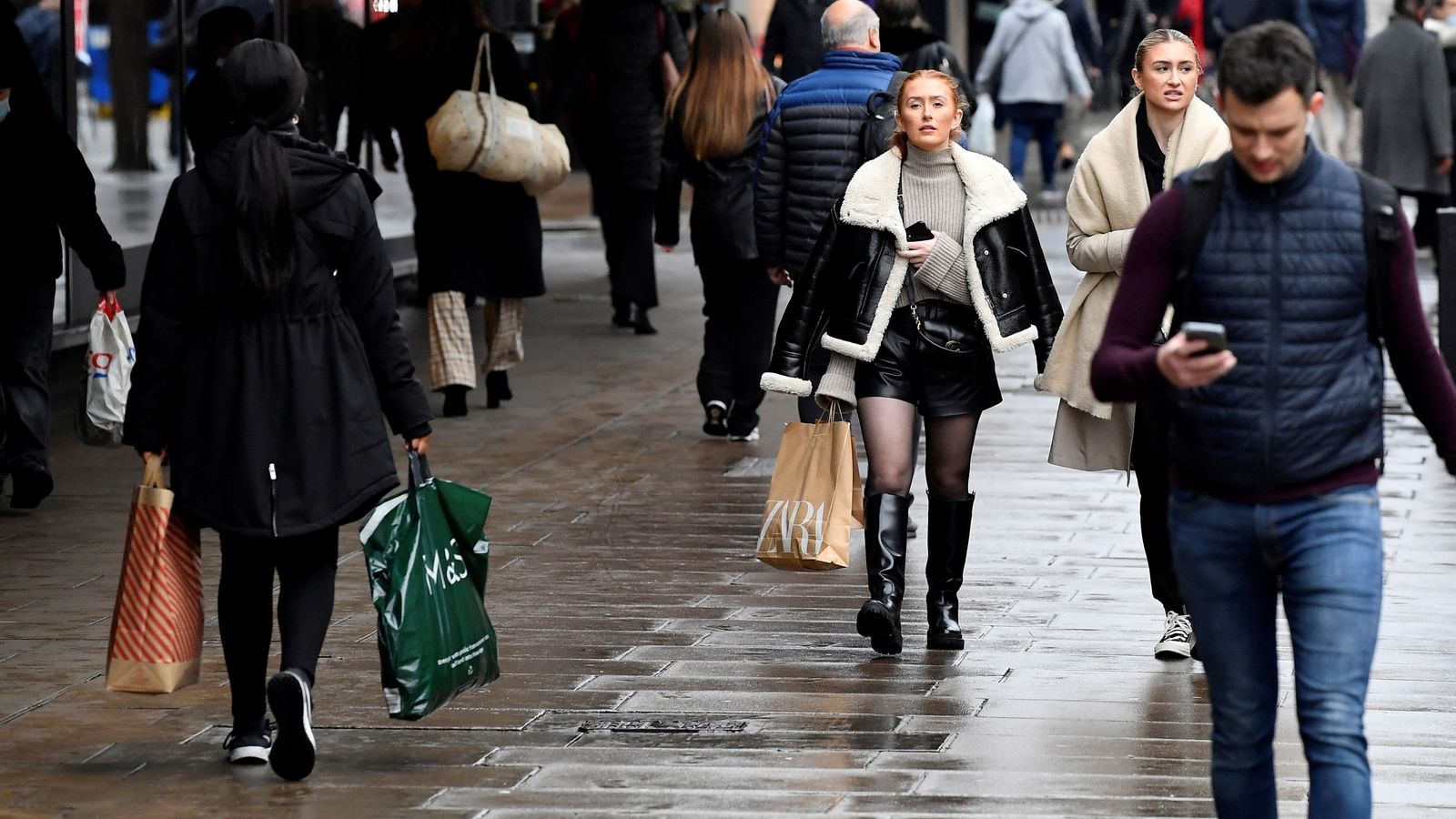
TikTok will be blocked from parliament’s devices and network in the latest ban imposed on the Chinese-owned social media app.
The commissions of the House of Commons and House of Lords have announced they will follow the move taken by the government on official devices, citing the need for cyber security.
A parliament spokesman said that TikTok “will be blocked from all parliamentary devices and the wider parliamentary network”.
Watch live: TikTok chief executive questioned by US Congress
“Cyber security is a top priority for parliament, however we do not comment on specific details of our cyber or physical security controls, policies or incidents,” he said.
TikTok can still be used on personal devices while on the parliamentary estate, provided the devices aren’t connected to parliament’s WiFI network.
Former Conservative leader Iain Duncan Smith welcomed the move, but called for the ban to be extended on the personal devices of ministers.
He tweeted: “The decision to block TikTok from ALL parliamentary devices is welcome, a good decision.
“Given this robust position in parliament following the ban of TikTok from govt phones, it’s now time that TikTok is also banned from ministers personal telephones.”
A similar decision has also been taken in Scotland, with TikTok banned from government phones and other devices.
Deputy first minister John Swinney added: “Currently there is limited use of TikTok within government and limited need for staff to use the app on work devices.
“This ban will be implemented immediately. It does not extend to personal devices used by staff or the general public.”
TikTok: Ban ‘misguided and based on misconceptions’
But TikTok called parliament’s move “misguided and based on fundamental misconceptions about our company”.
“TikTok is enjoyed by millions of people in the UK, and potentially depriving users from access to and engagement with their representatives is a self-defeating step, especially in our shared fight against misinformation,” a spokesman said.
“We are disappointed that, despite our requests, we have not been offered any opportunity to address concerns and only ask to be judged on facts and treated equally to our competitors.
“We have begun implementing a comprehensive plan to further protect our European user data, which includes storing UK user data in our European data centres and tightening data access controls, including third-party independent oversight of our approach.”
It comes as the TikTok chief executive Shou Zi Chew said the company had been “unfairly singled out” as he faced questions on data and security at the US Congressional committee.
Click to subscribe to Beth Rigby Interviews… wherever you get your podcasts
The video-sharing app has been under increasing scrutiny over its security and data privacy, with concerns it could be used to promote pro-Beijing views or gather user data – something TikTok strongly denies.
The EU Commission and more than half of US states and Congress have already introduced a ban on staff phones over concerns around potential cyber attacks, with the UK government following suit last week.
Beijing reacted angrily to Downing Street’s decision, saying the move is “based on its political motive rather than facts” and will “ultimately harm the UK’s own interests”.
TikTok has said the bans have “been based on fundamental misconceptions and driven by wider geopolitics, in which TikTok, and our millions of users in the UK, play no part”.

